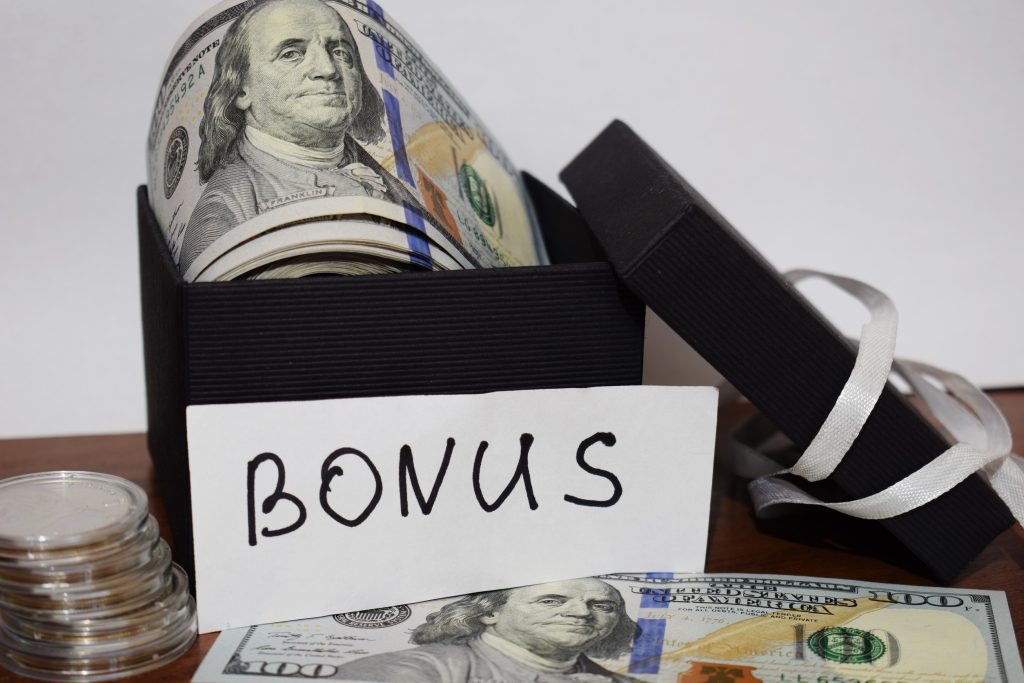
Image Source: 123rf.com
If you’re a business owner or manager, you know that employee bonuses are more than just a line item on your budget—they’re a powerful tool for motivation, retention, and company culture. But when is the best time to pay out bonuses to employees? The timing can make all the difference in how your team perceives their reward and how it impacts your business’s bottom line. Get it right and boost morale, productivity, and loyalty. Get it wrong, and you might miss out on the full benefits of your investment. In this article, we’ll break down the three best times of the year to pay out bonuses to employees, so you can maximize the impact of your bonus program and keep your team engaged all year long.
Whether you’re running a small business or managing a large team, understanding the best times to pay out bonuses to employees can help you plan ahead, align rewards with company goals, and create a workplace where people feel truly valued. Let’s dive into the top three times of year to hand out those well-earned rewards.
1. End of the Calendar Year
The end of the calendar year is, hands down, the most popular time to pay out bonuses to employees. There’s a good reason for this: it aligns perfectly with the holiday season, a time when many people are reflecting on the past year and planning for the next. Giving out bonuses in December helps employees with holiday expenses and sends a strong message of appreciation for their hard work throughout the year.
From a business perspective, year-end bonuses can be tied directly to annual performance reviews, making it easy to reward top performers and reinforce company values. According to a 2023 survey by WorldatWork, over 80% of U.S. companies pay out bonuses at the end of the year, highlighting just how common—and effective—this timing can be.
Another advantage of year-end bonuses is the tax planning flexibility they offer. Both employers and employees can use these payouts to manage their finances before the new year begins. For companies, it’s a chance to close the books on a high note and start the next year with a motivated team. For employees, it’s a welcome financial boost during a season that can be expensive and stressful.
2. End of the Fiscal Year
While the calendar year is a natural choice for many, some businesses operate on a different schedule. If your company’s fiscal year doesn’t align with the calendar year, paying out bonuses at the end of your fiscal year can be a smart move. This timing allows you to directly link bonuses to the company’s financial performance, making rewarding employees based on real results easier.
Paying bonuses at the end of the fiscal year also gives you the flexibility to adjust payouts based on how the business actually performed, rather than relying on projections. This can be especially important in industries where revenue and profits can fluctuate from year to year. Tying bonuses to fiscal year results can help reinforce a culture of accountability and transparency.
For employees, receiving a bonus at the end of the fiscal year can be a pleasant surprise, especially if it falls outside the traditional holiday season. It can also help break up the year and provide a mid-year morale boost, keeping your team engaged and focused on company goals.
3. Work Anniversary or Milestone Dates
Another excellent time to pay out bonuses to employees is on their work anniversary or when they hit significant milestones. This approach personalizes the bonus experience and shows employees you recognize and value their contributions. Celebrating work anniversaries with a bonus can help foster loyalty and reduce turnover, as employees feel seen and appreciated for their long-term commitment.
Milestone bonuses can also be tied to specific achievements, such as completing a major project, earning a certification, or reaching a sales target. This type of targeted reward can be incredibly motivating, as it directly connects the bonus to the employee’s efforts and accomplishments. According to Gallup, personalized recognition, including milestone bonuses, is one of the most effective ways to boost employee engagement and satisfaction.
For businesses, spreading out bonus payments throughout the year can help with cash flow management and ensure timely and relevant recognition. It also creates multiple opportunities to celebrate success, keeping morale high and reinforcing a positive workplace culture.
Timing Is Everything: Make Your Bonus Program Work for You
Choosing the best time to pay out bonuses to employees isn’t just about tradition or convenience—it’s about maximizing the impact of your rewards. Whether you opt for year-end, fiscal year-end, or personalized milestone bonuses, the key is to align your bonus program with your company’s goals and your employees’ needs. By being intentional about timing, you can turn your bonus program into a powerful tool for motivation, retention, and business growth.
Remember, the best time to pay out bonuses to employees is the time that makes the most sense for your business and your team. Consider your company’s financial cycle, your industry norms, and what will be most meaningful to your employees. With a little planning, you can create a bonus program that delivers real results for everyone.
What about you? When do you think is the best time to pay out bonuses to employees? Share your thoughts and experiences in the comments below!
Read More
How to Take Control of Your Finances and Get Out of Debt
5 Ways to Prepare Your Finances for Divorce Proceedings

Travis Campbell is a digital marketer/developer with over 10 years of experience and a writer for over 6 years. He holds a degree in E-commerce and likes to share life advice he’s learned over the years. Travis loves spending time on the golf course or at the gym when he’s not working.










